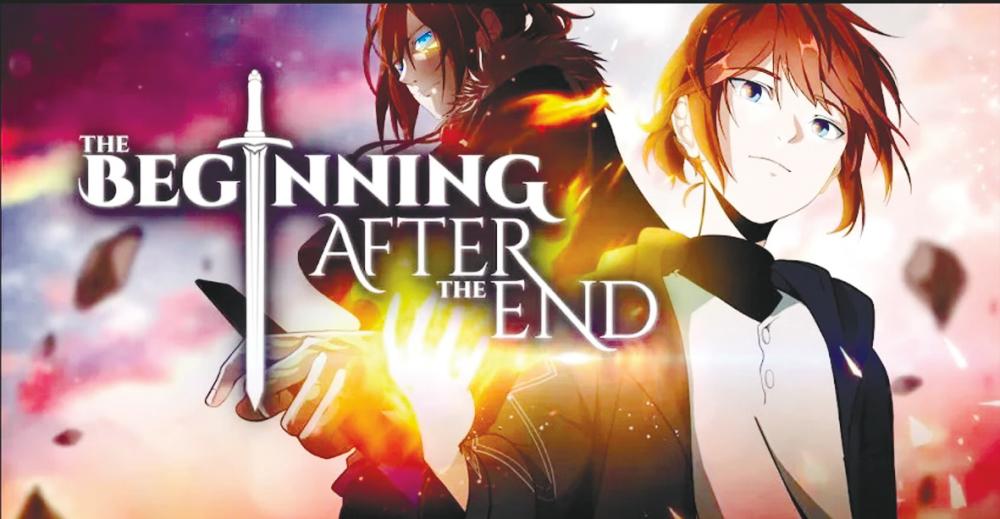WITH the rise of the gig economy and the development of technology, more people are looking to do freelance work or part-time jobs. But not everyone has to be a Grab driver. In fact, people who are bilingual or introverted can choose to do something they might already be a natural at – translating.
During the pandemic, instead of slowing down, online entertainment was needed more than ever, and among the niche jobs in the entertainment field was freelance translating.
I first came upon an ad for translation work on Facebook, where the ad mentioned “getting paid to read comics and novels”. Since I was a university student with no vehicle of my own, working a completely remote position with no fixed hours sounded like a good idea.
The ad also mentioned that you could earn anywhere from RM1,000 to RM6,000 a month translating.
As a degree is now the main requirement to get a job, the rising number of degree holders means that more graduates end up getting underpaid for jobs they are overqualified for.
However, applying for this translation job didn’t even require a degree. You just needed to have good English language skills and pass an internal test.
This goes to show that many young people nowadays are naturally skilled in many different things, despite not having a certificate to show for it.
In the early days, fan-translated novels and comics used to be just a fun side hobby, where they would post translations on their blogs for others to enjoy.
Some also hosted ads on their blogs, or a Patreon where readers could pay extra for newer chapter uploads.
When novel and comic translators got the idea to turn their passion into a company with more translators, more clients, and more stories, they started recruiting people and building their business.
It wasn’t always easy, as many companies experienced many trials and errors with clients before they came up with their own systems and style guides.
Translators usually fall into three categories. The first group are university students who translate part-time time.
The second group does it to fuel their other passion projects, as the pay can be lucrative with enough hard work.
The third type are the ones who are passionate about the whole translation scene, and might even be promoted to a position where they will eventually lead another team inside the company.
Although the work is completely remote with only one deadline per week, some translators take on too much work, and end up working more than the usual eight hours per day.
This is a common problem people faced when transitioning to working from home, where there isn’t a set time to start or stop work. Therefore, self-discipline is required for freelance gigs to take just enough time that you don’t end up either overworking or slacking.
Some have even taken full advantage of the remote nature of the job to travel all around the world, working from their computer.
Nowadays, the younger generation has different opinions about work and money, with many wanting to live to the fullest instead of saving up and waiting until past retirement to enjoy life.
For example, some companies are so flexible that they may allow translators to take a month off just to do whatever they want, while normal corporate firms typically only allow up to two weeks of holiday.
However, the gig economy does have its drawbacks, such as the lack of employee benefits. Besides that, not all translation companies are the same.
Some translators have talked about being in companies where doing the same amount of work full-time would only earn them RM 2,000. Therefore, when applying, you should be wary of the average rates, and make sure you are paid fairly for your work.
Based on website rankings for books and literature, the top three highest ranked websites in the world are Archive of Our Own (AO3), Wattpad, and QiDian.
Chinese webnovels are original stories published on websites like Qidian and JJWXC. They’re similar to Wattpad and readers are drawn to the fantasy worlds of the novels and comics.
Even so, online novels and comics aren’t limited to just Chinese webnovels. For example, there are webtoons from South Korea and manga from Japan.
The most popular genres for Chinese webnovels are Wuxia (martial heroes), Xianxia (immortal heroes) and Xuanhuan (fantasy featuring adventures and wars).
With different clients, requirements such as naming and localisation may be different. However, if translation groups translate copyrighted material without permission, they might get a DMCA, or a Cease and Desist Letter from the companies.
If you’re interested in the world of translated comics and want some recommendations, here are some highly-rated ones:
-> Demon Magic Emperor, which is about Magic Emperor Zhuo Yifan, who was betrayed and killed by his trusted disciple. Fortunately, he gets reborn but ends up becoming a housekeeper.
Rated 4.3/5

-> The Beginning After The End, which is the story about King Grey, who is unrivalled in strength, wealth, and prestige in a world governed by martial ability. However, beneath the glamorous exterior of a powerful king lurks a shell of man, devoid of purpose and will. Reincarnated into a new world filled with magic and monsters, the king has a second chance to relive his life.
Rated 4.5/5
-> Solo Leveling, about a world where the Gate that connected the real world with the monster world opened up, which allowed several ordinary, everyday people to receive the power to hunt monsters within the Gate. The main character trains in hopes of becoming the best Hunter.
Rated 4.8/5

With thousands of reads every day, it’s no surprise that fans love escaping into various many fantasy worlds, with some making a living out of it for others to enjoy.
Living in multilingual Malaysia, the ability to speak a different language is the norm for Malaysians. Since translating might come naturally to some, they can think about doing translation either full-time, or part-time.









